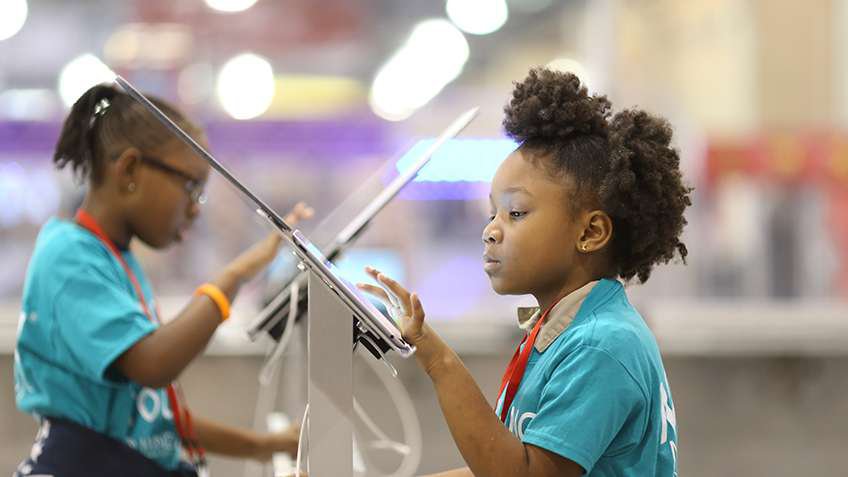A Culture of Knowledge
In our own international research and development laboratories, new technologies are constantly being introduced, researched and integrated into our operations.
The only way to keep up with these quickly evolving technological demands and build sustainable workforce availability to use and master these innovations is to ensure we develop the necessary systems and culture to rapidly acquire new knowledge, on the shop floor.
It seems then that our most pressing challenge in developing the skills base of the future is two-fold.
First, we need to develop workers who are not just ‘adequately skilled’ as such, but where a core skill is the very ability to efficiently acquire new skills to adapt to ongoing transformations of their workplace.
Education and Technology
A focus on STEM skills; the development of new curricula based around IT/OT convergence and IIoT technology; the integration of tools like wearables (virtual and augmented reality); and a focus on micro certifications will help build essential foundational skills for the employees of the Fourth Industrial Revolution.
Second, using digital technologies, we need to ensure that access to new skills and knowledge can be acquired faster and more efficiently. The use of digital media such as augmented reality in production and training environments is receiving growing attention, with several innovative companies introducing it in their training material to centralise their production methodologies, improving consistency and quality.
These technologies can also be a useful medium in the challenge we face in retaining the essential ‘tribal knowledge’ of an organisation and industry, as experienced workers retire and younger workers take their place.
For the moment, these two critical points seem to be prerequisite factors in ensuring a future workforce that is ready for the jobs of the Fourth Industrial Revolution.
While we contemplate the inevitable disruption of our work environments, we shouldn’t see the role of machines as replacing human capabilities.
Instead, we need to focus on a path that will ensure they extend and augment human achievements. We live in fascinating times.



